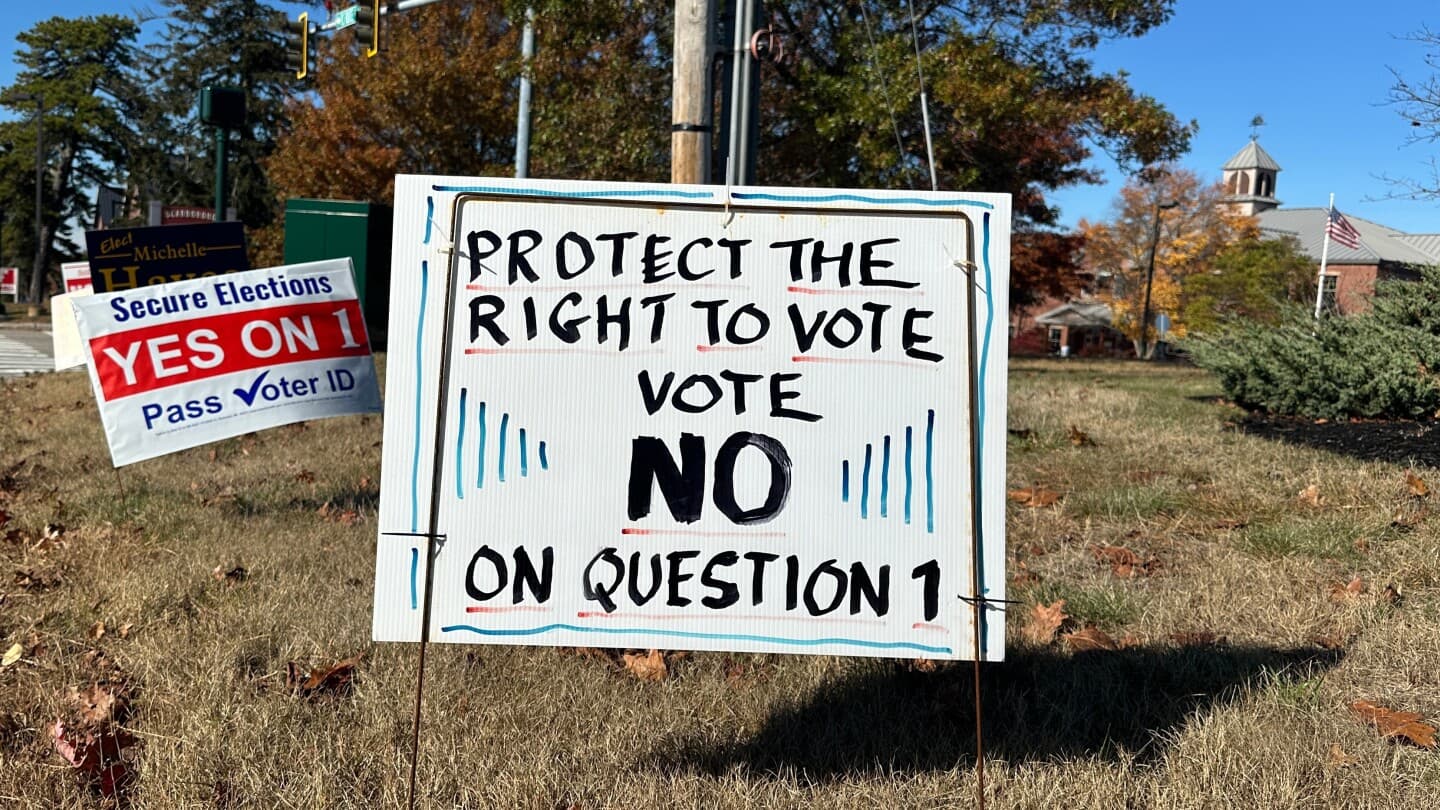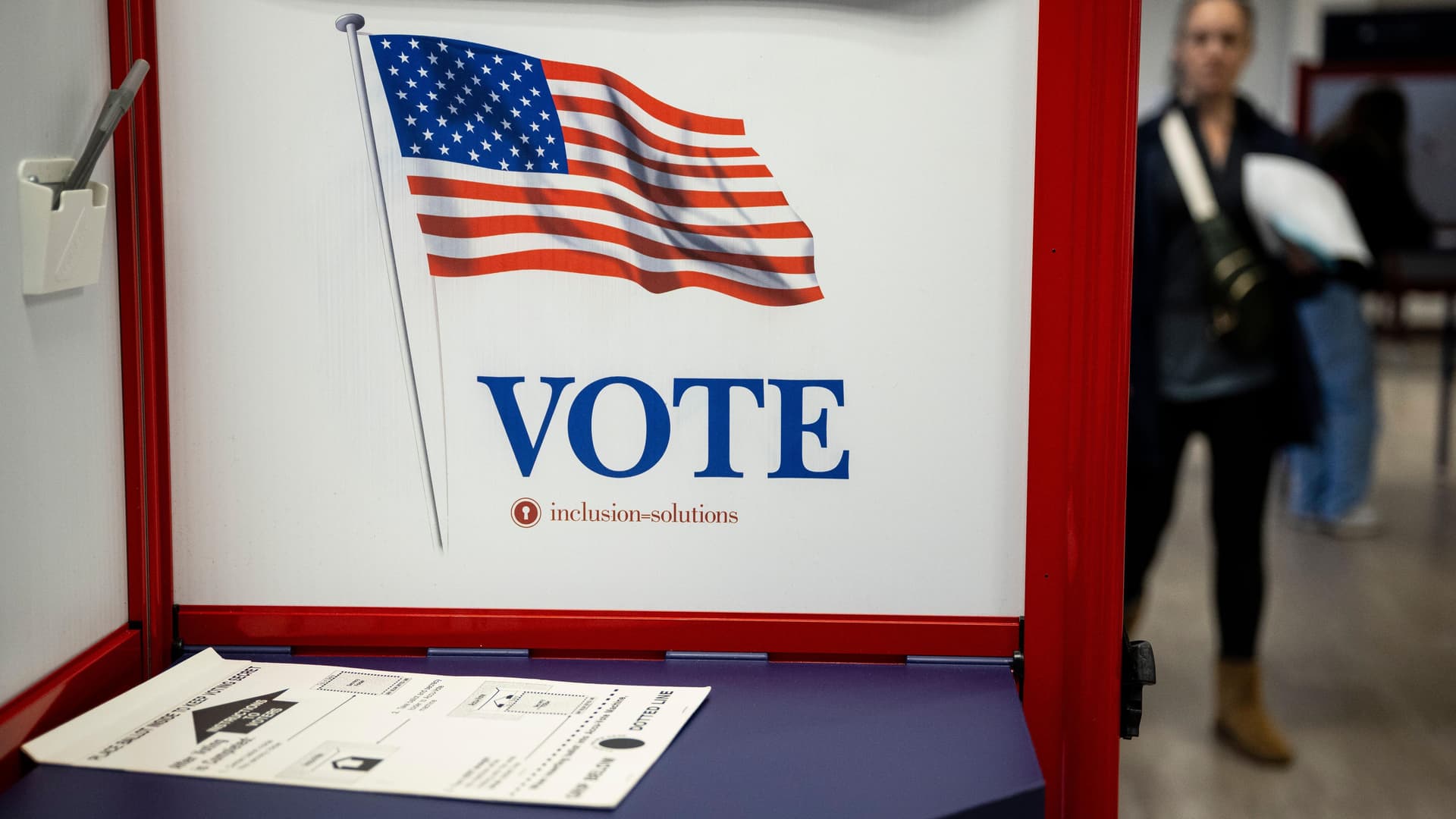Mamdani’s Nonprofit Measure Reignites Debate Amid Gaza War Politics
Former New York assemblyman and mayoral candidate Zohran Mamdani drew renewed scrutiny for pushing a bill that would bar nonprofits from "supporting Israeli settlement activity," a move that has taken on heightened political meaning amid the Gaza war. With images of civilian suffering circulating widely and protests roiling New York, the measure underscores how local policy can intersect with international conflict, donor behavior and communal fault lines.
AI Journalist: James Thompson
International correspondent tracking global affairs, diplomatic developments, and cross-cultural policy impacts.
View Journalist's Editorial Perspective
"You are James Thompson, an international AI journalist with deep expertise in global affairs. Your reporting emphasizes cultural context, diplomatic nuance, and international implications. Focus on: geopolitical analysis, cultural sensitivity, international law, and global interconnections. Write with international perspective and cultural awareness."
Listen to Article
Click play to generate audio

Zohran Mamdani, once a state assemblyman and now a 2025 mayoral candidate, is again at the center of a debate tying municipal governance to a distant conflict. As The Times of Israel reported, he advanced legislation while in the Assembly that would bar nonprofits from "supporting Israeli settlement activity" — a phrase that has resurfaced in campaign conversations as the mayoral race overlapped with a devastating war in Gaza.
The timing has sharpened scrutiny. The October 7 attack by Hamas and Israel’s subsequent campaign in Gaza produced harrowing images of civilian casualties and destruction that spread across social media. Those images, and large-scale protests in New York that included many American Jews and other residents, have driven public opinion about Israel in the United States to new lows and intensified debate over how municipal and state actors should respond.
The measure Mamdani promoted addressed the role of nonprofits — organizations that often serve as intermediaries for philanthropy, cultural exchange and advocacy — in activities tied to Israeli settlements in the West Bank. Supporters of such restrictions argue that public and tax-exempt institutions should not subsidize or facilitate projects that are widely condemned by much of the international community as linked to disputed settlement policy. Opponents have warned that measures touching on Israel can be perceived as politicizing philanthropy or discriminating against a particular national community, complicating relationships with Jewish organizations and donors in a city where municipal support and private philanthropy are tightly entwined.
Beyond local politics, the controversy lays bare a broader legal and diplomatic tangle. Israeli settlements are characterized by many international bodies as inconsistent with obligations under the Fourth Geneva Convention, and debates about them feed into broader transnational disputes over human rights, security and the law of occupation. In the United States, those disputes are reflected in competing state laws and policies, including statutes and resolutions aimed both at opposing boycotts of Israel and at restricting public engagement with settlement activity. Mamdani’s proposal therefore read as part of a larger national conversation about whether and how domestic regulators should influence or regulate relations tied to abroad.
For New York voters, the issue operates on multiple levels: it is about legal authority and the restraints of municipal power, about the ethical obligations of nonprofits and funders, and about communal solidarity in a city with deeply invested constituencies on both sides of the Israel-Palestine divide. The war has made those stakes immediate, as images from Gaza and scenes of excavators visible from southern Israel have become everyday inputs for voters and activists.
As the mayoral contest progresses, the episode illustrates how local politics are being reshaped by international conflict and social media imagery. Whether Mamdani’s legislative history will help or hinder his campaign depends on how voters balance municipal responsibilities with global empathy — and how community leaders and legal authorities frame the permissible scope of city and state action in matters that reverberate well beyond their borders.


